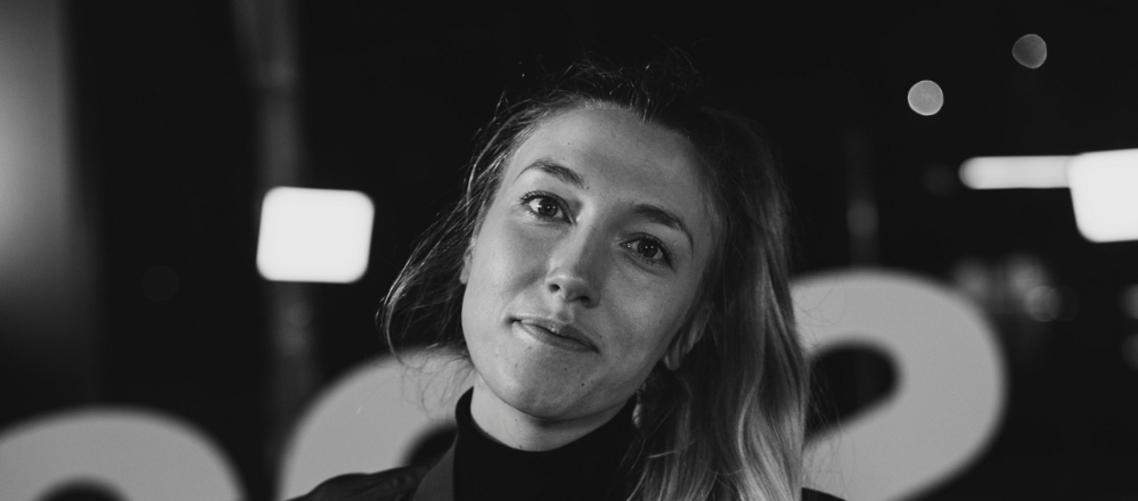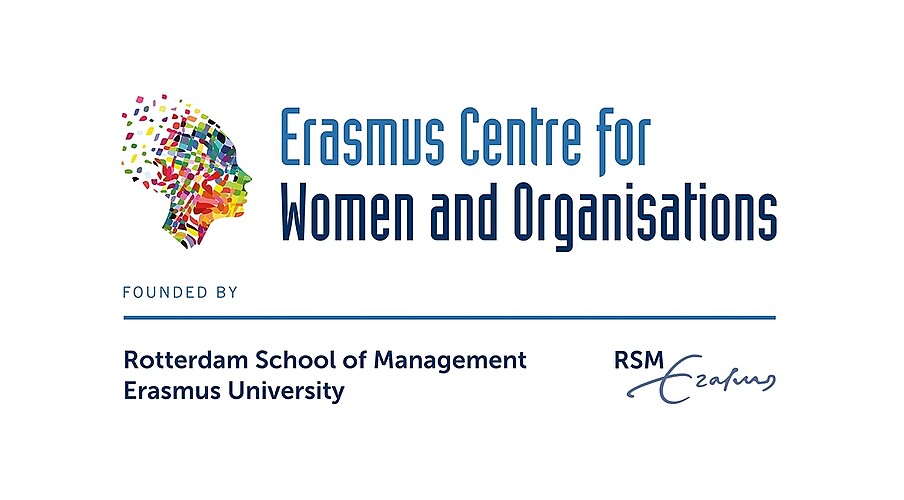Congratulations on your PhD which you successfully defended earlier this year. Was this something you’d always wanted to achieve?
In fact I wasn’t very academic at secondary school and I only really got into deep reading and writing at the end of my bachelors. My mom likes to remind me that I didn’t read a book for pleasure until I was in my 20s. I feel a little like a late bloomer in that regard, I am dyslexic, so that might have something to do with it.
You grew up in Ireland, with Dutch parents, and initially studied Fine Art. How did the focus change to music?
My first degree was a BA in Fine Art at Crawford College of Art and Design at Cork University. My thesis was on the cult of personality in art, an examination of how the personality of an artist is increasingly important. Even though I had a studio for a year and a few exhibitions, I felt my work missed a social perspective. At the same time I suddenly became hungry for knowledge and decided to register for a pre-Masters and then Masters at Erasmus. In my first year at the Department of Arts and Culture Studies I was still very much focused on visual arts but in my second year I did a thesis on young working-class lads in Ireland who were making informal raps on YouTube and I found it super interesting. During that time I also encountered Julian Schaap (now assistant professor sociology of music), who became my supervisor.
Was the move from your Masters into your PhD an easy one?
Actually both my Masters and pre-Masters went really well. I was surprised at that, since I had not envisaged an academic path for myself. Timing was key because two PhD positions opened up when I finished my Masters. I was encouraged to apply for the first one that came up but I didn’t get it. I was encouraged to keep applying and was successful in getting the second position – research into the Aesthetic Dispositions of Cultural Audiences as part of the Erasmus Initiative Vital Cities and Citizens. I feel super lucky to have joined the Department of Arts and Culture Studies at EUR.
Did you listen to a lot of music growing up?
My mum is a music teacher. She plays every instrument under the sun and I dabbled in some of these while growing up. I regret not having done more to learn to play instruments but it is ironic that I am still now fully immersed in studying music. My dad is also very interested in music and so are my grandparents on my mom’s side.
What inspired your PhD topic?
Two things I think. The first was when I moved to Enschede, where my Dad is from, to stay with family members. I found a job at an Irish bar in the town – I think I was the token Irish person because it really was a very Dutch bar and I began observing the role of Dutch language music in bringing people together on an evening. Even though I was young and had grown up in a different country, I got completely swept up in these moments and that stuck with me. A few years later it became clear that artists like Eefje de Visser and Goldband were drawing big audiences, singing in Dutch which was something new in popular music. These provided the start of the first paper I did which formed the basis of my PhD chapter, “Defining Collectivity in Dutch Domestic Music Concerts”.
The role of music in bonding people together is at the core of your PhD, starting with lievenslied concerts but also taking in Dutch popular and contemporary classical music. What did you discover in these areas of live concerts?
That live music can create a sonic bond between its participants. Under the right conditions, music can attune the movements of a crowd, transforming the individual experience of participants into that of a large-scale interaction ritual.
You also had the unexpected opportunity to look at the difference between the role of music in bonding people together in both a live and a digital setting when COVID arrived just over two years into your PhD …
Yes. I had to really rethink my research because I had lined up a lot of concerts as sites of investigation for the summer of 2020 and of course those were all cancelled. When things started shutting down everywhere, my partner and I really quickly realised that we didn’t want to be in the city and moved to rural Ireland for that period. I immediately began thinking about one of the key ingredients for the establishment of collectivity, in big or small settings, and that is bodily co-presence. My earlier research had shown that this wasn’t just needed in order to feel physically part of a group but also to be able to see the emotion that others are feeling in a moment of shared focus of attention. With concerts and live shows moving into the digital space I was suddenly presented with the opportunity to look at what happens when you take away bodily co-presence. It was not something I could ever have anticipated but it gave me an unique opportunity to contrast collectivity in both the physical and online space. Can you have that collective feeling online? Aside from COVID, as a society we are moving more and more into the online space so it was a very relevant question. I then changed the focus of my thesis. I had originally intended for it to be a more a social class based study, related to the audiences of different genres, but it moved to looking at what is really needed for collectivity. In the end it worked out really well.
What did you discover? And what does this tell us about what we need to feel connected and, ultimately, like we belong in a particular space?
In a smaller physical space, when you have a mutual focus of attention – a speaker or topic you feel passionate about – you soon feel connected because you are aware of each other’s focus, and you know that you are feeling a similar emotion. In a bigger physical space – like a concert – that emotion is even more heightened, through additional aspects like rhythmic entrainment, and you ultimately emerge feeling revitalized and feeling good about yourself and those who shared the experience with you. In both these spaces, you feel this sense of belonging, within cultural and other boundaries which I examined in the PhD. Unsurprisingly, given the importance of bodily presence to feel connected, my research into online concerts - where the ‘liveness’ of livestreamed concerts is defined in terms of time, rather than space – showed that without the physical proximity to other bodies, collective energy seems out of reach, and can even lead to frustration.
What lies ahead for you? What research are you undertaking currently?
For my own research, I am going to be focusing on live cultural consumption online, looking at how it works in games, the metaverse, VR/AR and web 3. I am particularly interested in in the experience of audiences. The emphasis on digitalisation (and its effect on how we live our lives) is not only accelerating but it is here to stay. New technologies are rapidly developing, and we are becoming increasingly comfortable with the tools of online communication. I am interested in questions like what will this mean for online interaction, and how this changes the cultural experience, and the individuals and collective shared emotion. But also how new platforms (for example the metaverse and extended reality) changes access to cultural, boundaries and changing conventions. From September I will be working on a project that focusing on the audiences of digitalised live music – from VR concerts and live music in games, to the perception and experience of AI artists.
You can watch Femke talk about the importance of nightlife (in Dutch) here.

